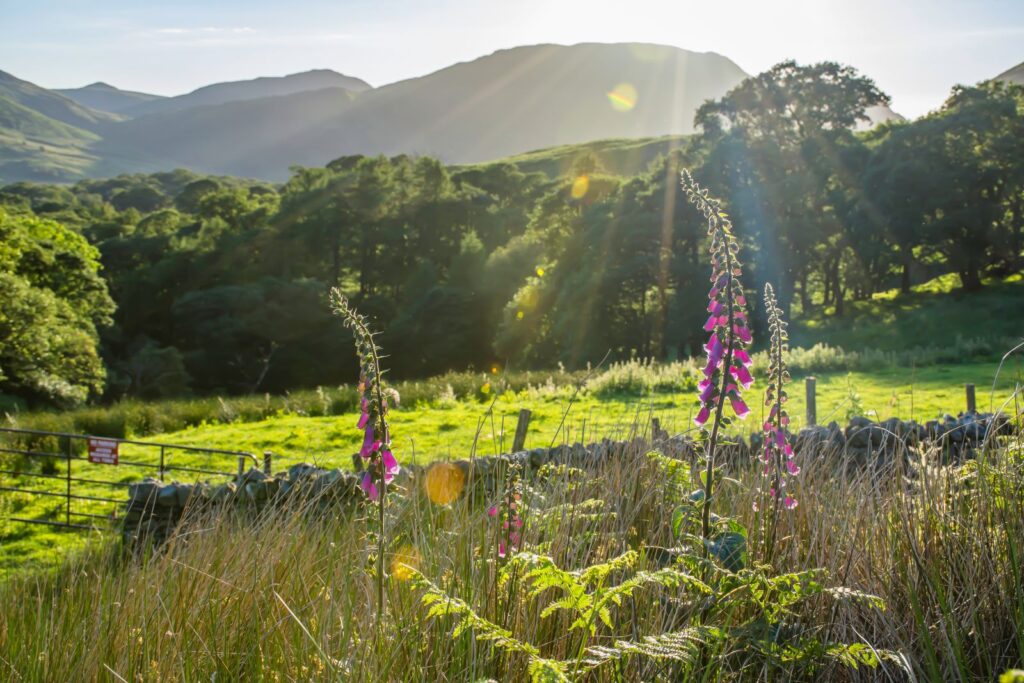State of Nature report: “Farmers can and must do more”, NFU says
29th September 2023
Responding to the latest State of Nature report, published this Wednesday (27th September), NFU President Minette Batters echoed farmers’ ambition to do more for nature recovery while producing high-quality, sustainable food, provided there is adequate support in place to keep businesses viable.
Known as the most comprehensive report on UK wildlife, State of Nature is a collaboration between leading professionals from over 60 research and conservation organisations, incorporating the latest data from monitoring schemes and recording centres.
According to the report, one in six species (16%) is at risk of being lost from Great Britain, with species decline averaging 19% since monitoring began in 1970.
Even with recent shifts towards nature-friendly land and sea use, the report points out that only a fifth of UK farmland is currently in agri-environment schemes, and just 44% of woodland is certified as sustainably managed.
While acknowledging the improvements made over the past 20 years, the report calls for nature-friendly farming to be implemented at a much wider scale to halt the decline in farmland wildlife, alongside producing food for the nation and responding to the climate crisis.
Responding to the report, NFU President Minette Batters said: “For Britain’s farmers and growers, the environments we work in are our homes and often have been for generations.
“That’s why we care passionately about protecting the great British countryside and huge amounts of work have been carried out through agri-environment schemes and industry-led initiatives to boost nature, create habitats for wildlife, and benefit soil health and water quality.
“For example, hundreds of flower rich field margins have been developed to provide habitats for bees and other insects, while 149 species were recorded during this year’s Big Farmland Bird Count, including 33 species from the Red List for Birds of Conservation Concern.”
Planting more trees and hedges is also part of the NFU’s ambition to reach net zero by 2040, however, proposals to boost nature recovery must sit alongside equally ambitious plans for food production, Ms Batters said.
“As the past 18 months have shown, food supply chains are fragile, but we can and must do more, supported by the right policy framework that values both quality, sustainable food and the environment in which it is produced.
“It’s in everyone’s interests to ensure climate-friendly British farming in the future, with a domestic agriculture policy that enables our farmers and growers to embrace accessible schemes that are fit for purpose.
“These schemes must offer fair rewards and strong incentives for participation, so farm businesses can continue to be productive and profitable while continuing to deliver the environmental benefits we all want to see,” she concluded.

